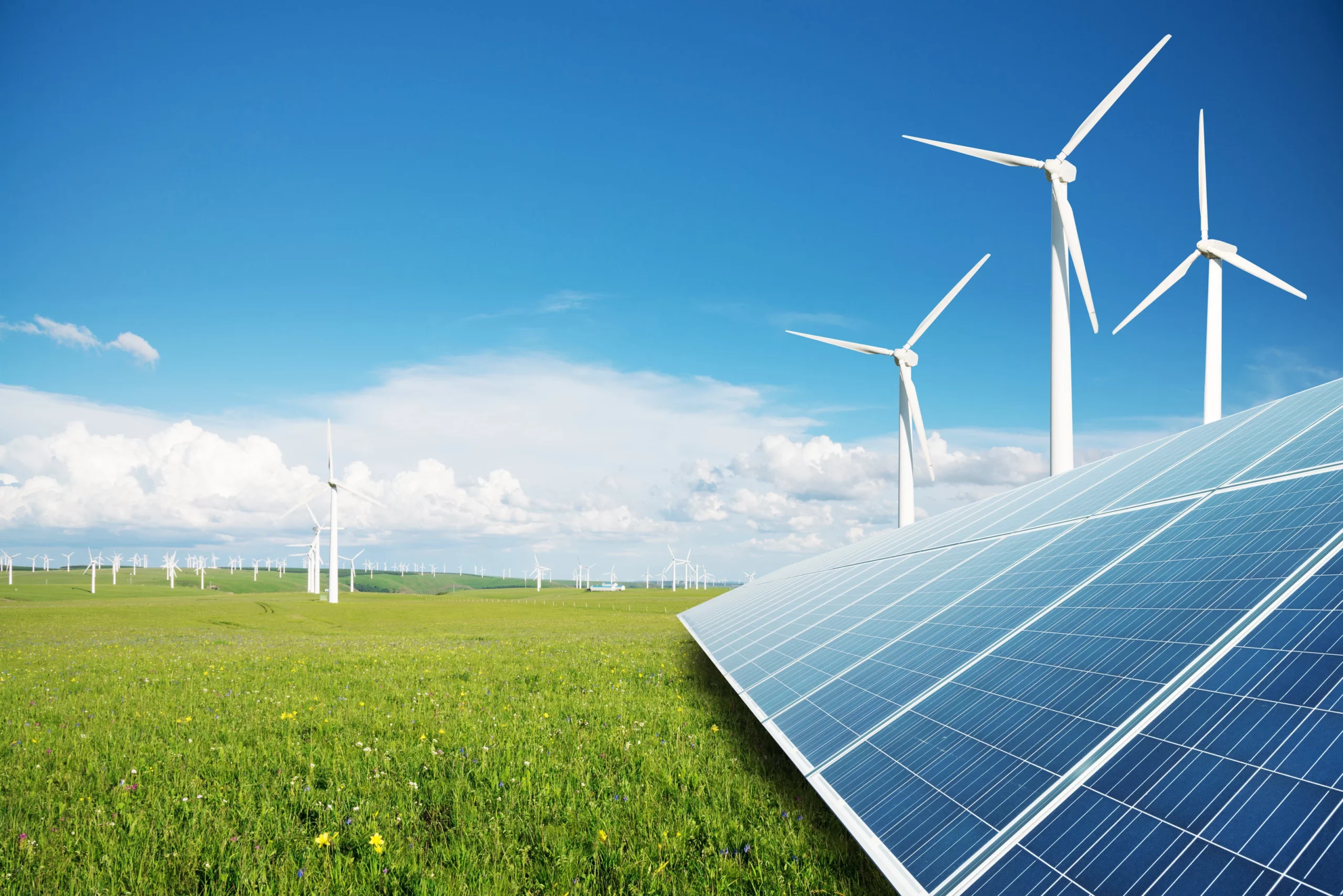In an era marked by rapid industrialization and growing environmental concerns, the way we generate and consume energy has a profound impact on the future of our planet. This blog explores the intricate relationship between energy and sustainability, shedding light on the challenges we face and the solutions that can drive us towards a greener tomorrow.
1. The Global Energy Landscape
Our current global energy landscape is heavily reliant on fossil fuels, which power industries, transportation, and households. However, this reliance comes at a cost. Fossil fuels contribute to air pollution, climate change, and resource depletion.
2. Environmental Impacts of Energy Production
The environmental toll of fossil fuel energy production is undeniable. Air pollution from burning coal and oil leads to respiratory diseases, while carbon emissions accelerate global warming. Additionally, mining for fossil fuels can disrupt ecosystems and harm biodiversity.
3. The Rise of Renewable Energy
Renewable energy sources offer a promising alternative. Solar power harnesses the sun’s energy, wind turbines convert wind into electricity, hydropower utilizes flowing water, and geothermal energy taps into Earth’s internal heat. These sources are clean, abundant, and significantly reduce greenhouse gas emissions.
4. Technological Innovations in the Energy Sector
Technological advancements are transforming the energy landscape. Energy storage solutions, such as advanced batteries, address the intermittency of renewable sources. Smart grids enable efficient energy distribution, while IoT devices optimize consumption patterns, reducing waste.
5. Government Policies and International Agreements
Governments worldwide are enacting policies to incentivize renewable energy adoption. Subsidies and regulations promote clean energy investments. International agreements like the Paris Agreement underscore the global commitment to mitigating climate change through sustainable energy practices.
6. Energy Transition Challenges
The transition from fossil fuels to renewables presents challenges. The intermittent nature of some renewable sources requires sophisticated energy storage systems. Economic shifts in industries tied to fossil fuels can also lead to job displacement.
7. The Role of Businesses and Individuals
Businesses play a pivotal role in the transition to sustainability. Embracing energy-efficient practices and adopting clean technologies can reduce their carbon footprint. Individuals can contribute by conserving energy, supporting renewable energy programs, and advocating for policy changes.
8. Innovations Beyond Energy Generation
Sustainability extends beyond energy generation. The circular economy promotes resource reuse, sustainable transportation reduces emissions, and green architecture minimizes environmental impact. These innovations complement the shift to cleaner energy sources.
9. Future Prospects and Possibilities
The future holds exciting prospects, including advancements in energy storage, grid technology, and sustainable transportation. Breakthroughs in fusion and next-gen solar cells could revolutionize energy production, propelling us even closer to a carbon-neutral future.
Conclusion
Navigating the energy and sustainability challenges of our time requires collective action. By embracing renewable energy, advocating for policy changes, and fostering innovation across industries, we can power a future that is environmentally conscious, economically viable, and sustainable for generations to come.

